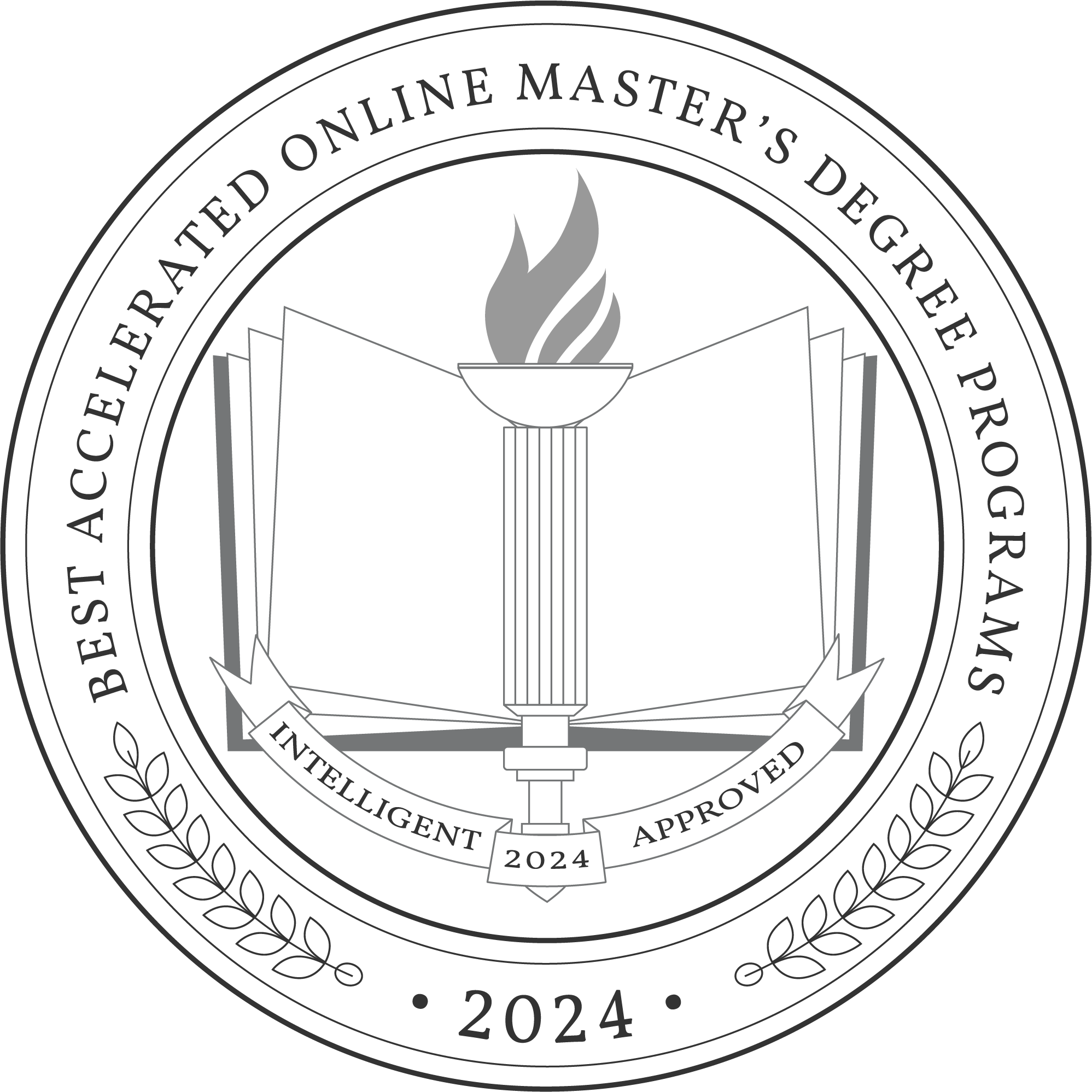Accelerated online master’s degree programs provide a quick and convenient way to improve your career outlook. According to the Bureau of Labor Statistics, the average worker with a master’s degree earns much more money and has a lower unemployment rate than those with less education. By taking an accelerated program, you can reduce the number of courses you will need to take to complete your master’s degree. At the same time, an online format allows you to avoid traveling to campus and attending lectures in person. In this guide, we’ve reviewed the top accelerated online master’s programs in the country, and we’ll also help you decide whether this type of degree program is right for you.
What Is an Accelerated Master’s Degree Program?
After they graduate high school, it usually takes six years for full-time students to earn a master’s (four years to complete a bachelor’s degree program and then another two years to complete a master’s degree program).
But with an accelerated program, students can earn their master’s in as little as five years rather than the usual six.
Here’s how most of these programs work: if you’re accepted into an accelerated master’s program, you’ll be eligible to take graduate-level courses as an undergraduate (for your bachelor’s degree, such courses will count as either electives or replacements for similar undergraduate-level courses). This will give you a head start once you earn your bachelor’s and officially start your master’s program. For example, if your master’s program requires 30 credit hours and you were able to earn 12 of these credits while still working on your bachelor’s, then you would only need to complete 18 credit hours to earn your master’s degree.
Pros and Cons of Accelerated Online Master’s Programs
In addition to saving you a lot of time, these programs can save you a lot of money — with the cost per credit of a college education ranging from a few hundred dollars to over a thousand (it depends on the institution), the savings offered by an accelerated program are often quite significant.
You should also consider attending an online program rather than an in-person program. This option saves time and money as well, though some students find that face-to-face interaction with their professors and peers makes it easier for them to learn. You’ll also miss out on the social aspect of college, which can be valuable for both your personal and professional lives.
Pros
-
Less credits
Reducing the number of credits required to earn your master’s degree saves time and money
-
Save money
Many accelerated programs allow you to pay the undergraduate tuition rate for graduate courses, saving you even more money
-
No commute or housing
Online programs eliminate the need for a lengthy commute or housing near campus
Cons
-
Challenging
Accelerated programs are academically demanding
-
No face-to-face learning
Many students find that it’s easier to learn course materials in an in-person environment
-
Less networking
Being on campus provides opportunities for making new friends and networking
Is an Accelerated Online Master’s Program Right for You?
First of all, it’s important to note that accelerated programs might not even be an option for you, as they are typically designed for high-achieving students. The requirements for each program are different, but you’ll likely need to be a full-time student who has completed at least 60 credit hours of their undergraduate program while maintaining a GPA of 3.0 or higher.
If you’re a good student and you want to take advantage of the benefits of an accelerated program, you’ll then need to decide whether you prefer online or on-campus classes.
It’s easier to find time for online courses than on-campus courses due to the lack of commute (online courses offered in an asynchronous format are particularly flexible, as they allow you to complete assignments and take tests at your own pace). This makes the online option an excellent choice for students who have a job, family to take care of, or any other responsibilities outside of school.
However, an in-person program will allow you to mingle with fellow students and build relationships with people who have similar interests. If these activities interest you and you have enough time for it, the benefits of an on-campus program may outweigh the disadvantages.
How to Get Into an Accelerated Degree Program
As mentioned above, accelerated degree programs will require you to have already completed a decent number of undergraduate courses before you can take any graduate courses (usually between 60 to 90 credit hours, depending on the program). And while the absolute minimum GPA required tends to be between 3.0 to 3.3, admissions for these programs can be competitive, and you might not be able to get in with anything lower than a 3.5.
Most accelerated programs are provided in a structured format, which means there is already an existing system for which courses qualify for dual credit status. If there isn’t a structured program available for your degree path, you may be able to work with administrators to develop an individualized plan of study that allows you to take graduate courses as an undergraduate — any school that offers this option will probably require you to have your plan of study approved by the relevant department heads before you can take any graduate courses.
How to Succeed in an Accelerated Degree Program
A high GPA is often needed to get into an accelerated degree program, and you will likely need to maintain a high GPA in order to stay in the program as well. If your GPA falls below 3.0, most accelerated programs won’t allow you to take any more graduate courses until you get your grades up.
The following methods can help you study more effectively and improve your GPA:
- SQ3R: This learning system involves five steps — survey (skim through course materials before you read them), question (ask yourself questions based on this survey, such as what the course material is about and whether you already know this information), read (fully read the material and look for answers to your questions), recite (summarize in your own words what you have just read), and review (re-read any portions of the material that you didn’t fully understand). SQ3R is much better for retaining information than simply reading course materials.
- The Leitner System: Sebastian Leitner was a science journalist who wrote a bestselling book on the psychology of learning, and his system for memorizing subjects involves making flash cards and storing them in a series of five boxes. All of the cards start in Box 1. If you get a card right, move it into the next box. If you get it wrong, move it down a box. Review Box 1 every day, Box 2 every two days, Box 3 every four days, Box 4 every nine days, and Box 5 every 14 days. This method is based on the theory of spaced repetition, which has been proven to help students learn subjects faster.
- The Pomodoro Technique: Do you find it hard to focus while studying? This time management system involves following every 25 minutes of study with a 5-minute break. Once you’ve completed four intervals, you can take a longer break of 15 to 30 minutes. It’s much easier to resist distractions when you only commit to studying for 25 minutes at a time.
You should also keep in mind that getting good grades involves more than just studying. The highest-performing students typically stick to a schedule, exercise regularly, eat a balanced diet, and make sure that they get enough sleep. By staying organized and healthy, you’ll be able to support the mental state that’s needed for optimal academic performance.
Our Research
This list features some of the best accelerated online master’s programs in the country. Each school featured is a nonprofit, accredited institution — either public or private — with a high standard of academic quality for post-secondary institutions.
We evaluated each school’s program on tuition costs, admission, retention and graduation rates, faculty, and reputation. Then, we calculated the Intelligent Score on a scale of 0 to 100. Read more about our ranking methodology.
Next, we compared this comprehensive list of the best accelerated online master’s programs to a list of aggregated college rankings from reputable publications, such as U.S. News & World Report, to simplify a student’s college search. We pored through these rankings so students don’t have to.
The 15 Top Accelerated Online Master’s Degree Programs
Institution Type
Status
- Intelligent Score
- Alphabetically By University Name
- Acceptance Rate
- Enrollment
- In-state Graduate Tuition
- Out-of-state Graduate Tuition
- In-state Undergraduate Tuition
- Out-of-state Undergraduate Tuition

University of Texas Rio Grande Valley
Intelligent Score: 91.61Undergraduate Tuition
In-state: $11,448
Out-of-state: $40,032
Graduate Tuition
In-state: $12,028
Out-of-state: $12,028
Test scores
SAT: 1210-1470
ACT: 26-33
ESTIMATED COST PER CREDIT
$472
DELIVERY FORMAT
Online
ACCREDITATION
Southern Association of Colleges and Schools Commission on Colleges
REQUIRED CREDITS TO GRADUATE
36
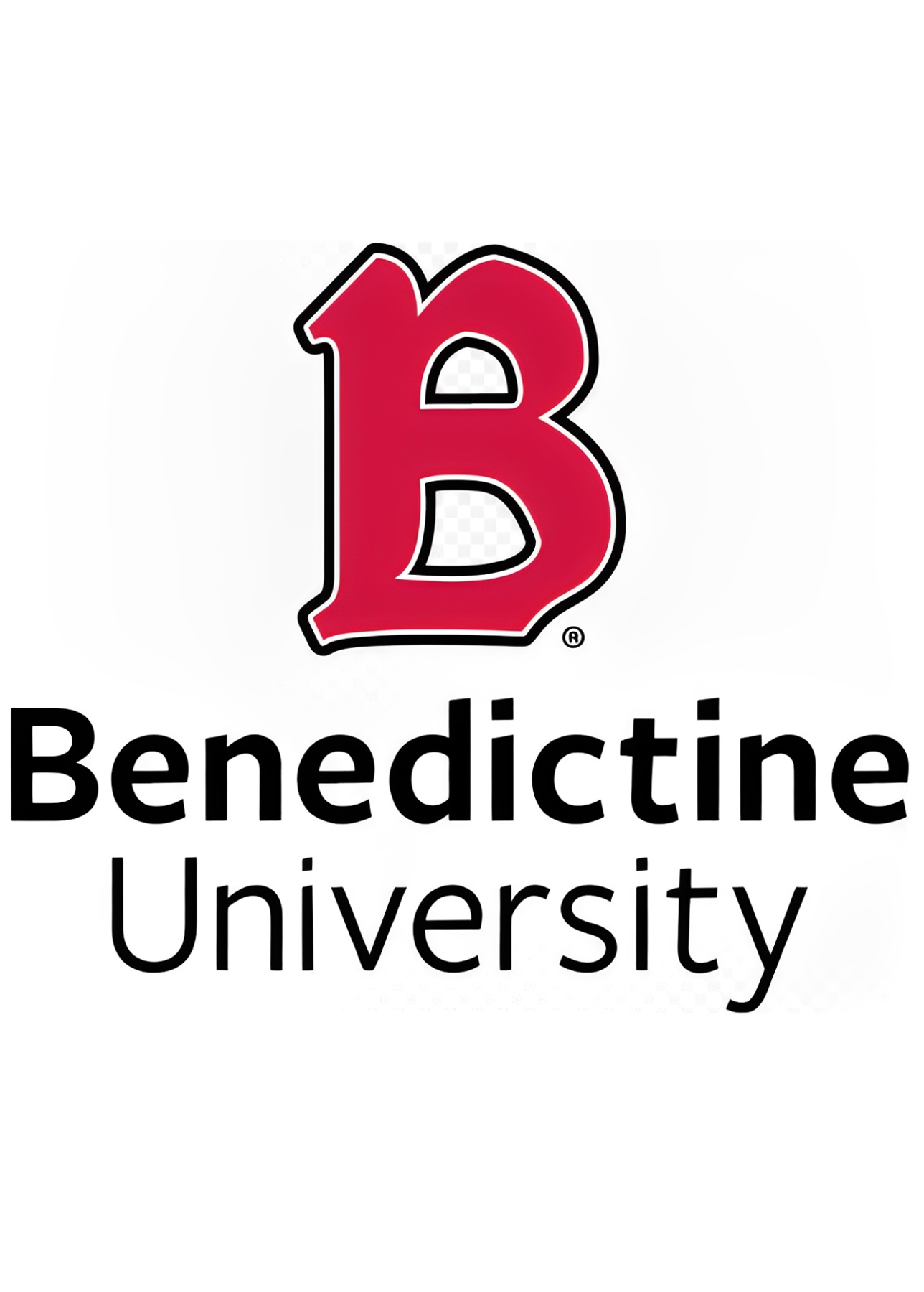
Benedictine University
Intelligent Score: 91.14Undergraduate Tuition
In-state: $30,830
Out-of-state: $30,830
Graduate Tuition
In-state: $18,574
Out-of-state: $18,574
Test scores
SAT: 980-1160
ACT: 19-26
ESTIMATED COST PER CREDIT
$800
DELIVERY FORMAT
Online
ACCREDITATION
Higher Learning Commission
REQUIRED CREDITS TO GRADUATE
30
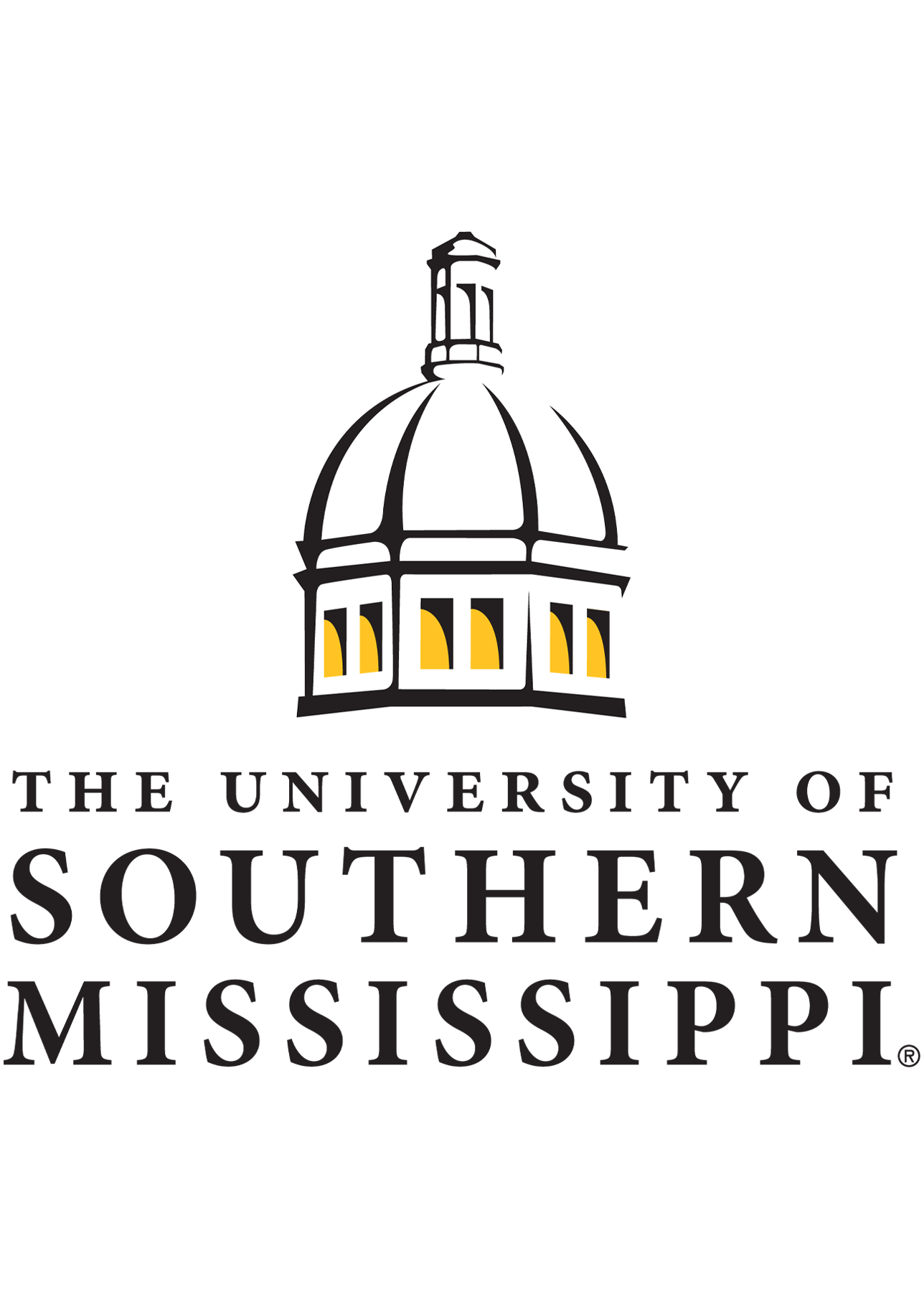
University of Southern Mississippi
Intelligent Score: 87Undergraduate Tuition
In-state: $8,786
Out-of-state: $10,786
Graduate Tuition
In-state: $8,786
Out-of-state: $8,786
Test scores
SAT: N/A
ACT: 19-26
ESTIMATED COST PER CREDIT
$519
DELIVERY FORMAT
Online
ACCREDITATION
Southern Association of Colleges and Schools Commission on Colleges
REQUIRED CREDITS TO GRADUATE
30

National University
Intelligent Score: 84.65Undergraduate Tuition
In-state: $13,320
Out-of-state: $13,320
Graduate Tuition
In-state: $15,480
Out-of-state: $15,480
Test scores
SAT: N/A
ACT: N/A
ESTIMATED COST PER CREDIT
$442
DELIVERY FORMAT
Online
ACCREDITATION
Western Association of Schools and Colleges
REQUIRED CREDITS TO GRADUATE
36

Boston University
Intelligent Score: 84.41Undergraduate Tuition
In-state: $56,854
Out-of-state: $56,854
Graduate Tuition
In-state: $56,854
Out-of-state: $56,854
Test scores
SAT: 1310-1500
ACT: 30-34
ESTIMATED COST PER CREDIT
$955
DELIVERY FORMAT
Online
ACCREDITATION
New England Commission of Higher Education
REQUIRED CREDITS TO GRADUATE
30-36

University of Florida
Intelligent Score: 83.18Undergraduate Tuition
In-state: $4,477
Out-of-state: $25,694
Graduate Tuition
In-state: $10,770
Out-of-state: $10,770
Test scores
SAT: 1290-1460
ACT: 29-33
ESTIMATED COST PER CREDIT
$1,210
DELIVERY FORMAT
Online
ACCREDITATION
Southern Association of Colleges and Schools Commission on Colleges
REQUIRED CREDITS TO GRADUATE
30-36

Arizona State University
Intelligent Score: 82.92Undergraduate Tuition
In-state: $10,710
Out-of-state: $28,800
Graduate Tuition
In-state: $11,720
Out-of-state: $11,720
Test scores
SAT: 1100-1320
ACT: 21-28
ESTIMATED COST PER CREDIT
$868
DELIVERY FORMAT
Online
ACCREDITATION
Higher Learning Commission
REQUIRED CREDITS TO GRADUATE
30
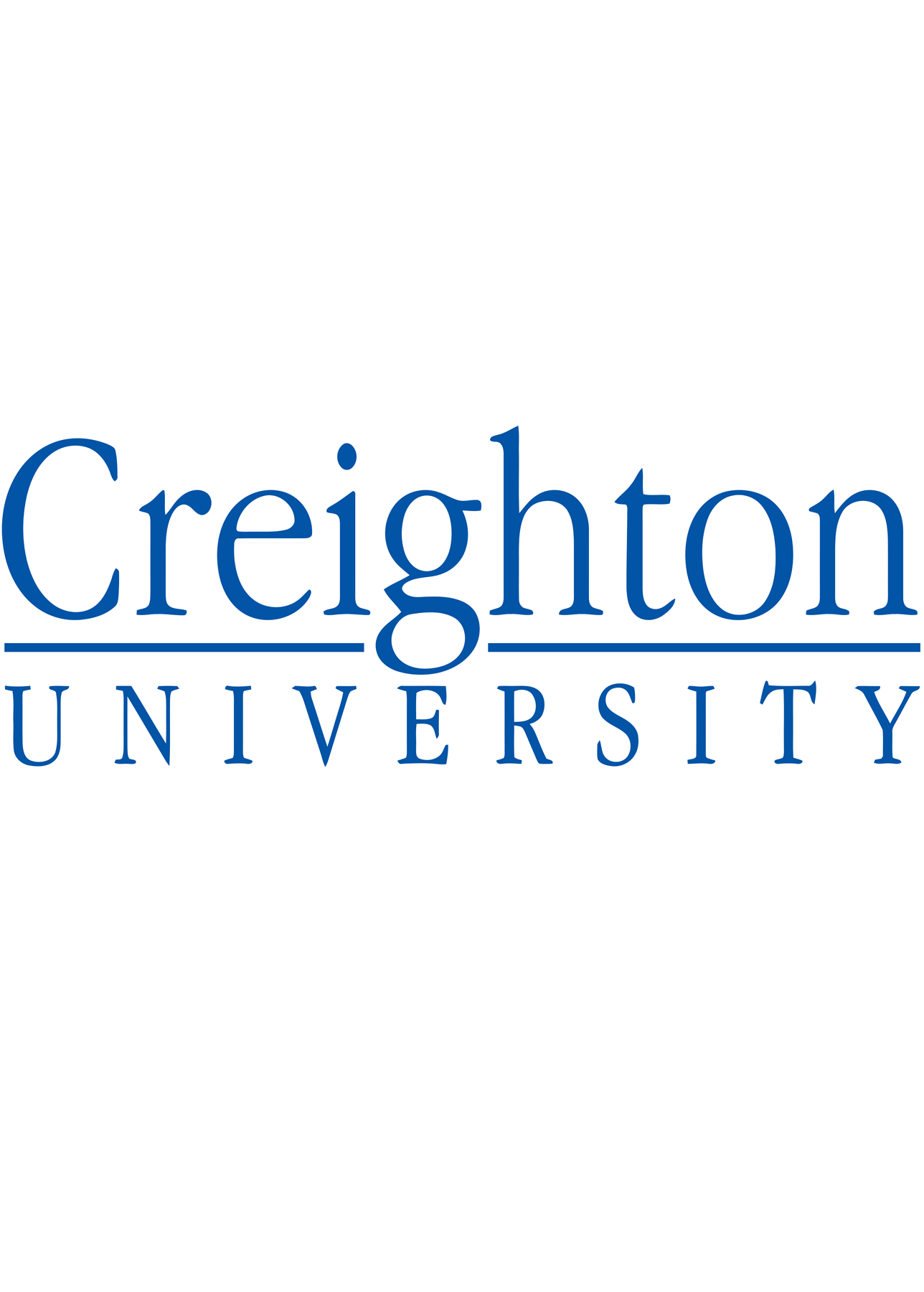
Creighton University
Intelligent Score: 80.4Undergraduate Tuition
In-state: $41,176
Out-of-state: $41,176
Graduate Tuition
In-state: $16,686
Out-of-state: $16,686
Test scores
SAT: N/A
ACT: N/A
ESTIMATED COST PER CREDIT
$982
DELIVERY FORMAT
Online
ACCREDITATION
Higher Learning Commission
REQUIRED CREDITS TO GRADUATE
36
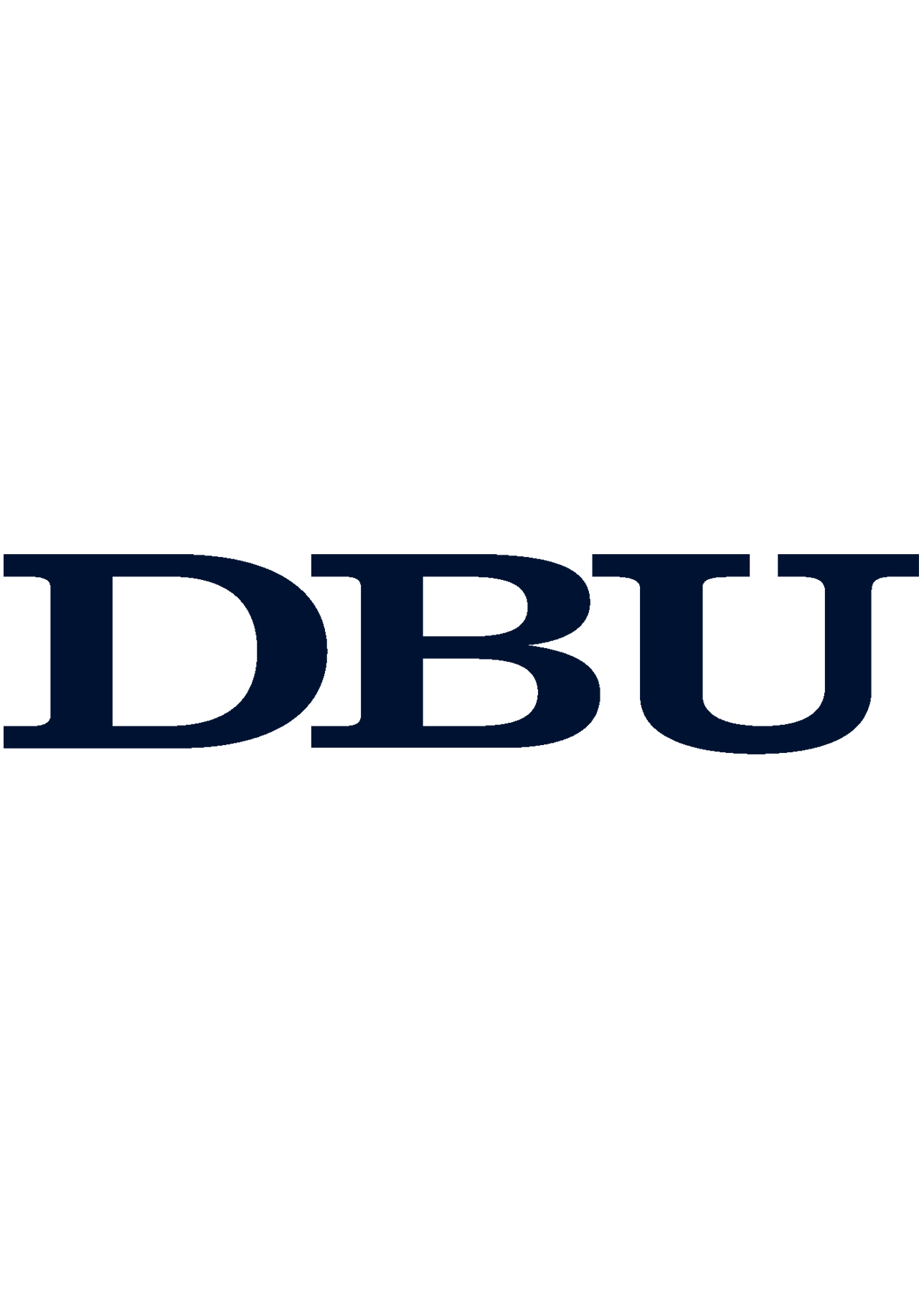
Dallas Baptist University
Intelligent Score: 76.66Undergraduate Tuition
In-state: $30,690
Out-of-state: $30,690
Graduate Tuition
In-state: $18,954
Out-of-state: $18,954
Test scores
SAT: 980-1200
ACT: 20-27
ESTIMATED COST PER CREDIT
$1,271
DELIVERY FORMAT
Online
ACCREDITATION
Southern Association of Colleges and Schools Commission on Colleges
REQUIRED CREDITS TO GRADUATE
30-36
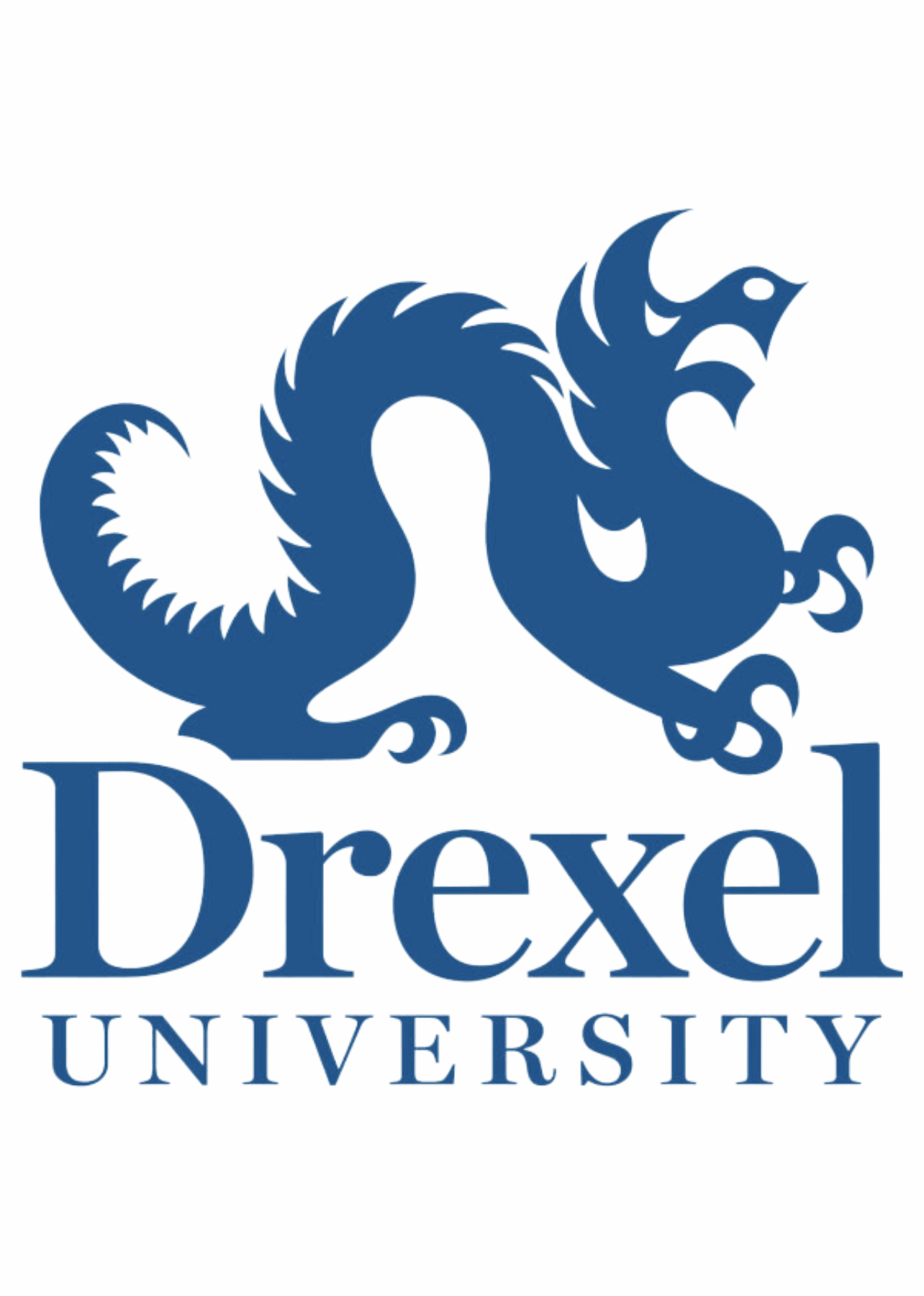
Drexel University
Intelligent Score: 76.06Undergraduate Tuition
In-state: $53,868
Out-of-state: $53,868
Graduate Tuition
In-state: $36,234
Out-of-state: $36,234
Test scores
SAT: 1180-1380
ACT: 25-31
ESTIMATED COST PER CREDIT
$973
DELIVERY FORMAT
Online
ACCREDITATION
Middle States Commission on Higher Education
REQUIRED CREDITS TO GRADUATE
30-36
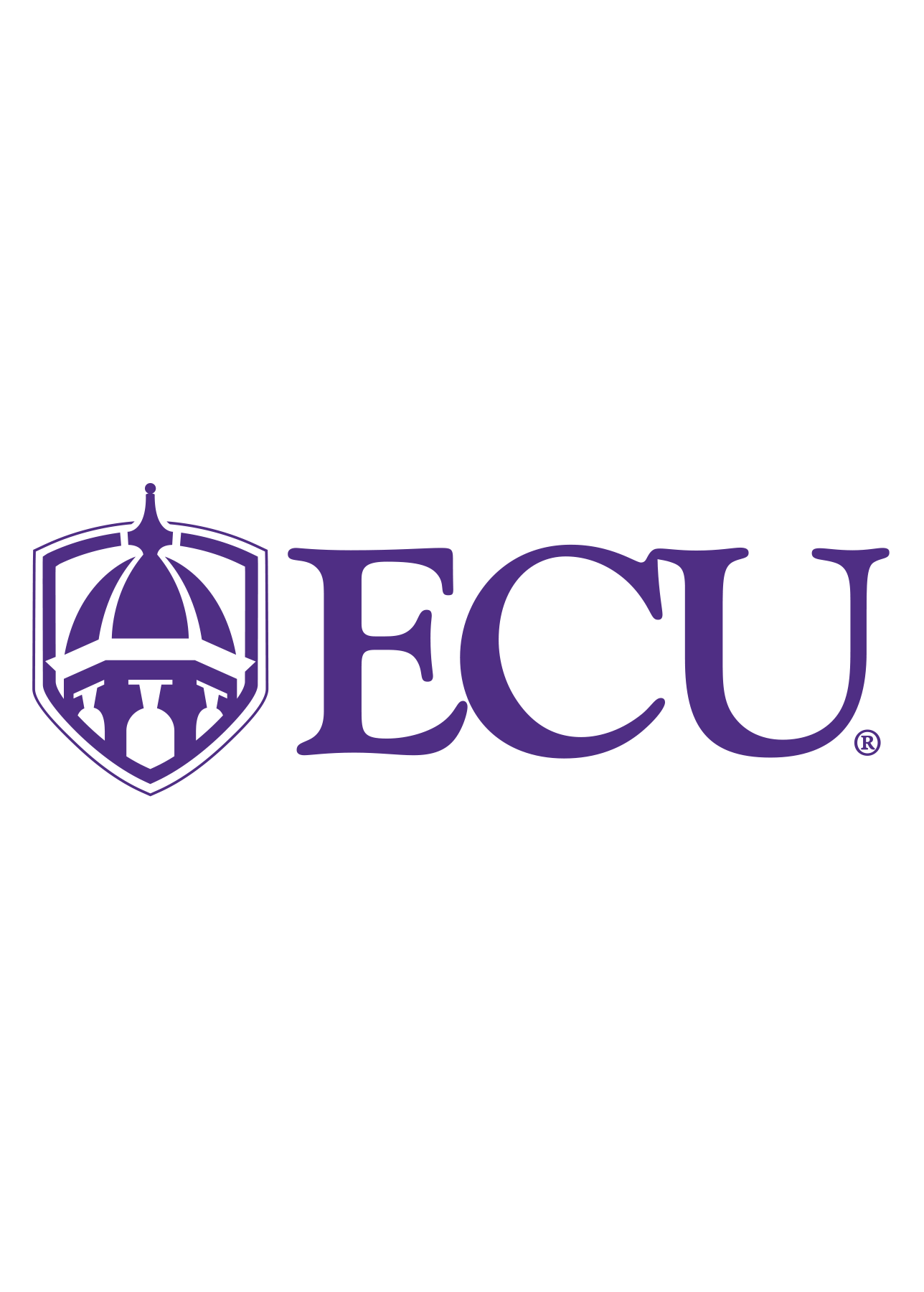
East Carolina University
Intelligent Score: 75.55Undergraduate Tuition
In-state: $4,452
Out-of-state: $20,729
Graduate Tuition
In-state: $4,749
Out-of-state: $4,749
Test scores
SAT: 1020-1170
ACT: 19-24
ESTIMATED COST PER CREDIT
In-State: $289
Out-of-State: $1,020
DELIVERY FORMAT
Online
ACCREDITATION
Southern Association of Colleges and Schools Commission on Colleges
REQUIRED CREDITS TO GRADUATE
36

Florida International University
Intelligent Score: 75.05Undergraduate Tuition
In-state: $4,721
Out-of-state: $16,529
Graduate Tuition
In-state: $8,912
Out-of-state: $8,912
Test scores
SAT: 1110-1260
ACT: 23-29
ESTIMATED COST PER CREDIT
$785
DELIVERY FORMAT
Online
ACCREDITATION
Southern Association of Colleges and Schools Commission on Colleges
REQUIRED CREDITS TO GRADUATE
36

George Washington University
Intelligent Score: 73.73Undergraduate Tuition
In-state: $55,961
Out-of-state: $55,961
Graduate Tuition
In-state: $31,770
Out-of-state: $31,770
Test scores
SAT: 1270-1450
ACT: 30-33
ESTIMATED COST PER CREDIT
$1,965
DELIVERY FORMAT
Online
ACCREDITATION
Middle States Commission on Higher Education
REQUIRED CREDITS TO GRADUATE
36
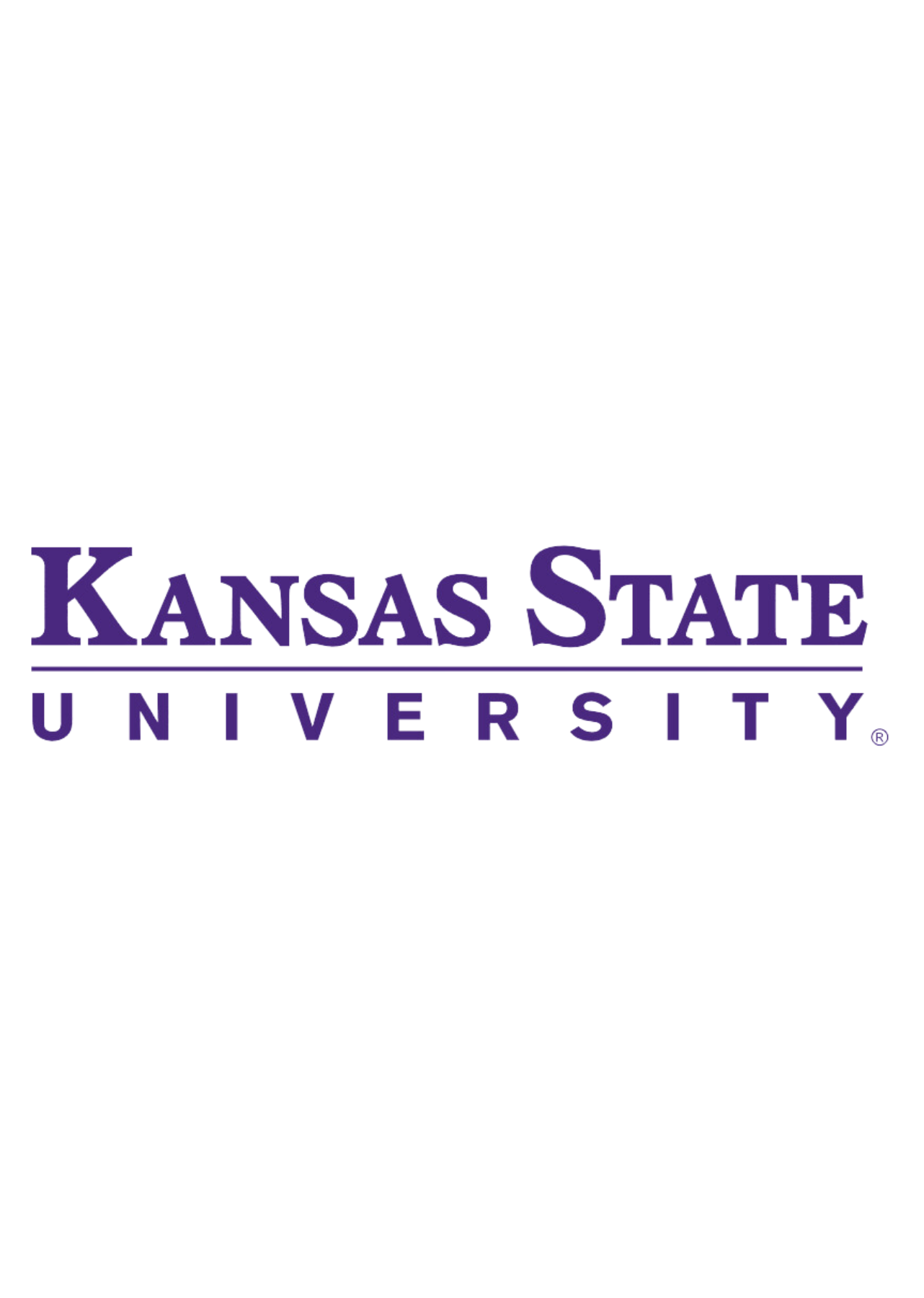
Kansas State University
Intelligent Score: 73.26Undergraduate Tuition
In-state: $9,375
Out-of-state: $25,251
Graduate Tuition
In-state: $10,212
Out-of-state: $10,212
Test scores
SAT: N/A
ACT: N/A
ESTIMATED COST PER CREDIT
$510
DELIVERY FORMAT
Online
ACCREDITATION
Higher Learning Commission
REQUIRED CREDITS TO GRADUATE
36
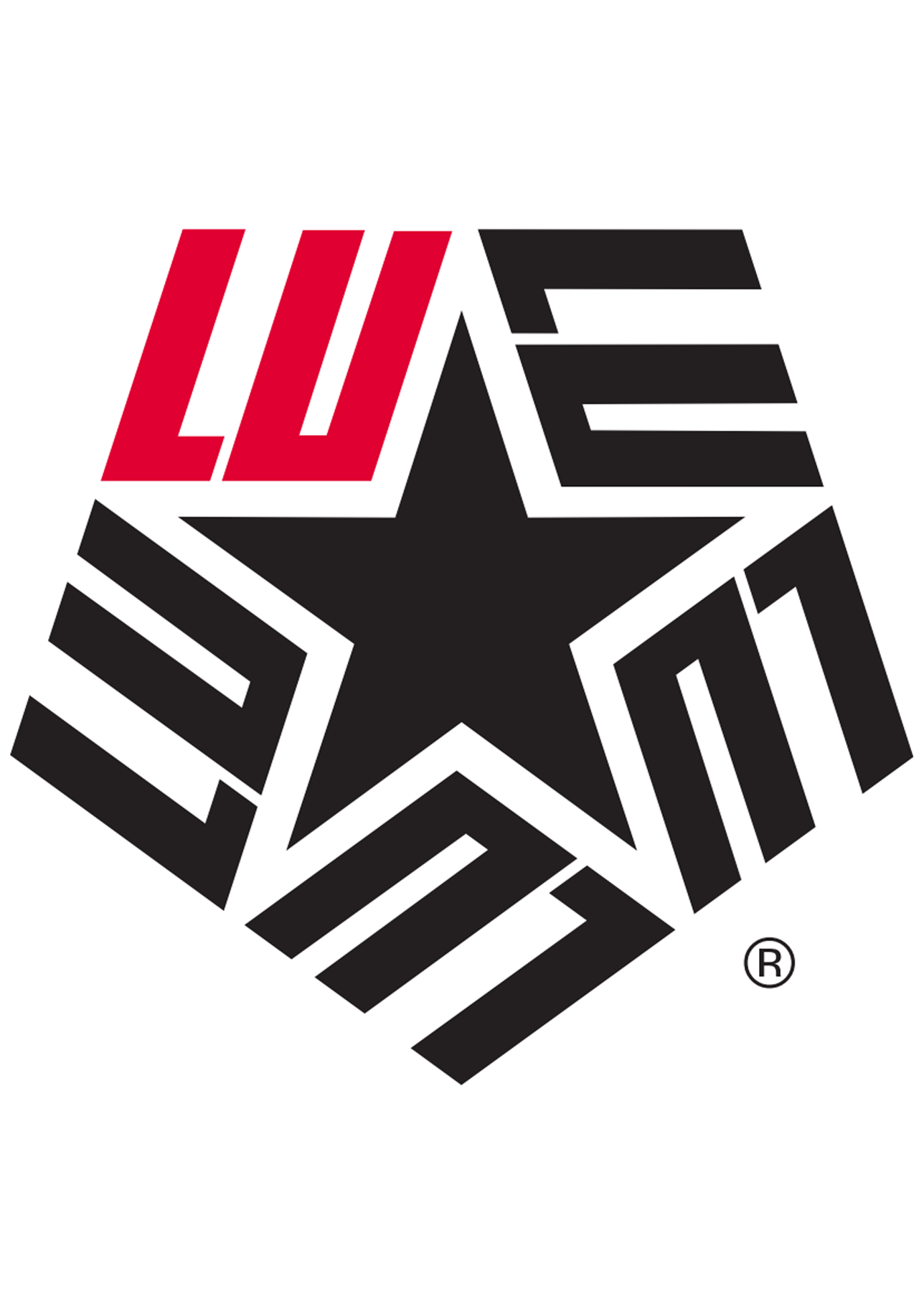
Lamar University
Intelligent Score: 72.01Undergraduate Tuition
In-state: $6,129
Out-of-state: $15,945
Graduate Tuition
In-state: $6,397
Out-of-state: $6,397
Test scores
SAT: 943-1140
ACT: 17-23
ESTIMATED COST PER CREDIT
$1,461
DELIVERY FORMAT
Online
ACCREDITATION
Southern Association of Colleges and Schools Commission on Colleges
REQUIRED CREDITS TO GRADUATE
30
